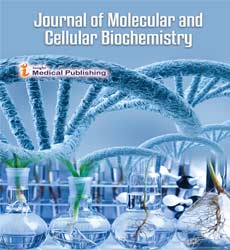Application of organoid technology for prostate luminal progenitor culture, tumour modelling and drug screening
Abstract
Historically, prostate luminal epithelial progenitors and cancer cells have been difficult to culture, thus hampering the generation of representative models for the study of prostate homeostasis, epithelial lineage hierarchy relationship and cancer drug efficacy assessment. In this presentation, we describe a newly developed culture methodology that can efficiently grow prostate luminal epithelial progenitors and cancer cells as organoids. Notably, the organoid assay favours prostate luminal cell growth, thus overcoming the basal cell dominance issue upon the establishment and continuous propagation of prostate epithelial cells. Importantly, prostate epithelial organoids cultured under this condition have demonstrated preservation of androgen responsiveness and intact androgen receptor signalling, providing a representative system to study castration resistance and androgen receptor independence. Under the identical culture medium, we are capable to establish primary adherent cell lines from single prostate luminal progenitors in a clonal manner. By combining rat embryonic urogenital mesenchyme and the established prostate epithelial organoids, we have discovered that the primitive stromal cells are capable to differentiate into mature smooth muscle cells in vitro. More recently, we have extended the use of this assay to grow primary cancer specimens from patients, including prostate, bladder, ovarian and triple negative breast tumours. Taken together, our results highlight the potential use of the organoid assay for the study of reciprocal stromal-epithelial interaction as well as genomic landscape and drug response assessment in cancer patients, thus paving the way for personalized medicine.
Open Access Journals
- Aquaculture & Veterinary Science
- Chemistry & Chemical Sciences
- Clinical Sciences
- Engineering
- General Science
- Genetics & Molecular Biology
- Health Care & Nursing
- Immunology & Microbiology
- Materials Science
- Mathematics & Physics
- Medical Sciences
- Neurology & Psychiatry
- Oncology & Cancer Science
- Pharmaceutical Sciences
